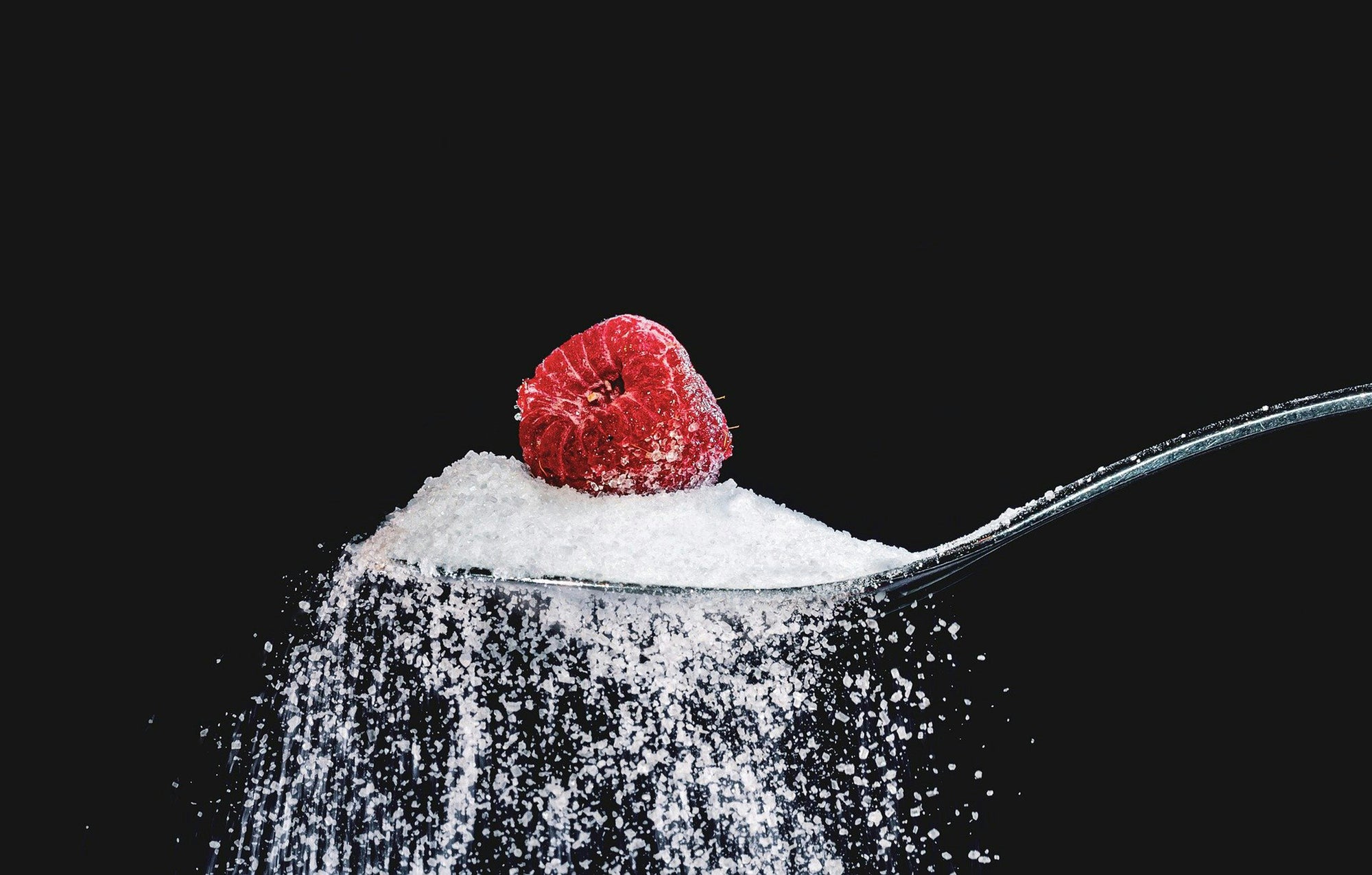

Soda Sweeteners Explained
Soda is one of the world’s most popular beverages, but with so many different sweeteners on the market, it can be tough to know which one is best for your health. From traditional sugar to artificial and natural alternatives, each sweetener has its pros and cons. Let’s break down the most common soda sweeteners and their impact on your body.
1. Sugar (Sucrose)
Traditional soda is sweetened with sugar, typically derived from cane or beets. While sugar provides a quick energy boost, excessive consumption is linked to weight gain, diabetes, and tooth decay. High sugar intake can also contribute to inflammation and metabolic disorders. If you enjoy regular soda, moderation is key.
2. High-Fructose Corn Syrup (HFCS)
High-fructose corn syrup is a widely used alternative to sugar, often found in sodas sold in the United States. Studies suggest HFCS may contribute to obesity and metabolic diseases more than regular sugar, though the debate continues. If you're watching your sugar intake, be mindful of HFCS in ingredient lists.
3. Aspartame
A popular artificial sweetener found in many diet sodas, aspartame is low in calories and widely approved by health agencies. However, some individuals report headaches or sensitivities to aspartame. While research has not conclusively linked it to serious health risks, those with phenylketonuria (PKU) should avoid it.
4. Sucralose
Sucralose, commonly known by the brand name Splenda, is another zero-calorie artificial sweetener. It’s heat-stable and doesn’t affect blood sugar levels significantly, making it popular among diabetics. However, some studies suggest it may impact gut bacteria, which could affect digestion and metabolism.
5. Stevia
A natural sweetener derived from the Stevia rebaudiana plant, stevia has zero calories and does not raise blood sugar levels. It’s often considered one of the healthier options, though some people dislike its slightly bitter aftertaste. Studies suggest stevia may even have potential benefits for blood pressure and metabolism.
6. Monk Fruit Sweetener
Monk fruit extract is another natural sweetener that provides intense sweetness without calories. It has antioxidant properties and does not raise blood sugar levels. Though it is less common in sodas, it’s a great option for those looking for a more natural alternative to artificial sweeteners.
7. Erythritol
A sugar alcohol often used in low-calorie sodas, erythritol has minimal impact on blood sugar levels and is generally well tolerated. However, excessive consumption can cause digestive discomfort in some individuals. If you have a sensitive stomach, this may not be the best choice.
Which Sweetener Should You Choose?
The best soda sweetener for you depends on your health goals and personal preferences:
-
If you prefer natural options: Stevia or monk fruit may be the way to go.
-
If you’re watching your calories: Aspartame or sucralose might be suitable.
-
If you prefer traditional soda flavors: Sugar or HFCS could be your choice—but in moderation.
-
If you have a sensitive stomach: Be cautious with erythritol and other sugar alcohols.
No matter what you choose, balance is key. Being informed about the ingredients in your favorite sodas helps you make healthier choices while still enjoying your favorite fizzy drinks.
Looking for sodas that match your health needs? Explore our selection of naturally sweetened and low-calorie sodas today!
